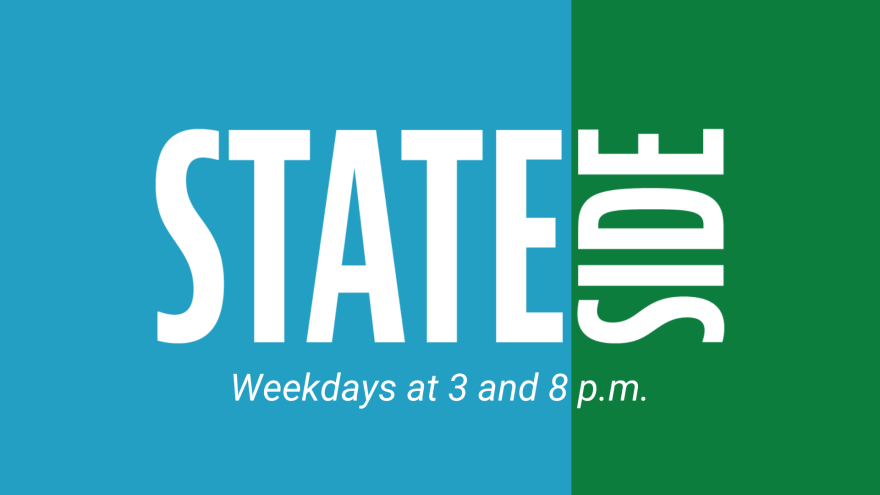On this episode of Stateside, we heard about the increasing demands on food banks in Michigan. More working people are accessing them because of increasing cost of living expenses. Then, the attorney representing the the Bay Mills Indian Community shared the tribe's reaction to Enbridge's Line 5 tunnel plan moving forward in the permitting process. And, the podcast Ride of Passage returned with the story of Matt Parker and his solo ride across the country on horseback. In this chapter, we follow Matt in the Midwest.
[Get Stateside on your phone: subscribe on Apple Podcasts, Google Podcasts, or Spotify today.]
GUESTS ON TODAY’S SHOW:
- Gerry Brisson, President and CEO, Gleaners Community Food Bank in Detroit
- David Gover, staff attorney, Native American Rights Fund, representing the Bay Mills Indian Community
- Matt Parker, Michigan horseman
- Laura Weber Davis, executive producer of Stateside and Ride of Passage
In response to the interview with discussing Line 5, Enbridge sent this statement:
"Line 5 poses little risk to natural and cultural resources, nor does it endanger the way of life of Indigenous communities. Line 5 is operated safely and placing the line in a tunnel well below the lakebed at the Straits of Mackinac will only serve to make a safe pipeline safer.
Line 5 is an economic and energy lifeline for Canada and the U.S. that provides millions of people in the Great Lakes region with the energy that they rely on every day. It remains the safest, most efficient way to transport fuels to refineries and markets, and it supports thousands of jobs on both sides of the border. No alternative, existing or proposed, can provide the needed energy supplied by Line 5. Other lines are full and transporting this fuel by truck train or barge is less safe and produces more emissions.
Line 5 is subject to the 1977 Transit Pipelines Treaty, which guarantees uninterrupted transit of energy between Canada and the U.S. The invocation of this Treaty by the Government of Canada underscores the importance of Line 5 and the role it plays in the energy security of both countries. We appreciate that leaders of both federal governments are engaged in the treaty resolution process. Discussions are ongoing and we’re hopeful they will find a way forward for this critical infrastructure.
Building and maintaining sustainable relationships with Indigenous communities and groups on major projects, over the lifecycle of our assets, is essential to Enbridge’s continued success as North America’s leading energy delivery company.
We are committed to contributing to reconciliation with Indigenous Peoples, including through economic inclusion. Enbridge remains committed to the Great Lakes Tunnel Project and will continue to safely operate Line 5 while we pursue the permits needed to complete the tunnel and make a safe pipeline even safer."






